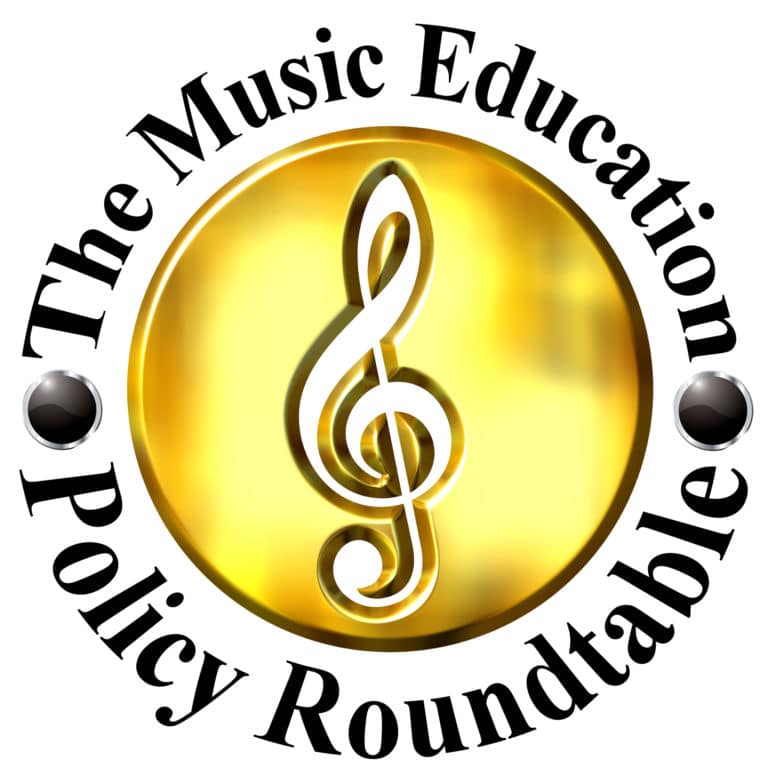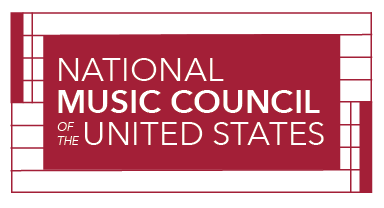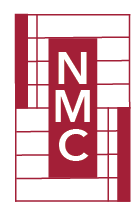National Music Council/Music Education Policy Roundtable Summary of Recent Capitol Hill Education Activities

January 15, 2014
Earlier this week, Congress released a final, bipartisan omnibus spending bill to fund all discretionary federal programs through the end of the current fiscal year. The bill is generally good news for education, restoring nearly all pre-sequester levels and including significant increases for early childhood education.
The bill contains $67 billion in discretionary funding for education, approximately $811 million less than in the 2012 fiscal year, the last year that Congress passed a final spending bill. In particular:
• The bill clearly supports early childhood education programs. Head Start would get $612 million above sequester levels. Appropriators also expanded Early Head Start by $500 million, in addition to a Race to the Top set-aside of $250 million to develop and enhance pre-K programs for four-year-olds.
• Formula grants, including Title I, were also favored. Title I programs are funded at $14.3 billion, close pre-sequester levels. Impact Aid and IDEA state grants are also funded close to pre-sequester levels; $1.3 billion and $11.5 billion respectively.
• Competitive grants, including Race to the Top and the School Improvement Grants program, were not favored as well. Funding for RTTT grants was reduced to $250 million, with all moneys going to early learning. The School Improvement Grant program is funded at its sequester level of $505 million.
• The bill includes $25 million in funding for the Arts In Education program at the U.S. Department of Education (previously zeroed out in other funding efforts).
Senator Tom Harkin, Chairman of the Senate Health, Education, Labor, and Pensions Committee, praised the spending bill’s focus on early learning. “The funding announced today makes critical investments in early learning because we know that learning begins at birth and preparation for learning begins before birth,” Harkin said. “We took a thoughtful approach to funding these critical programs because this bill funds America’s priorities; it is the bill in which we invest in our future.”
The bill is expected to come before the House for a vote on Wednesday and before the Senate by the weekend.
A few additional updates on national funding, programs and initiatives:
• Title I funding continues to be so very important, as it serves the nation’s most disadvantaged students. Music and the arts, among other core classes, have benefited greatly from access to Title I funding streams. The Elementary and Secondary Education Act (ESEA) links Title I funding relief to “annual measurable objectives,” or improvements linked to standardized tests. Despite strong incentives, most states have failed to achieve the minimum standards. In fact, since fall of 2011, 47 states, the District of Columbia, Puerto Rico, and the Bureau of Indian Education have requested waivers for their schools. A top priority for education advocates, a new draft of ESEA is likely to be on agendas again at some point this year.
• The STEAM movement, pioneered by the Rhode Island School of Design, has worked to combine arts with the push for science, technology, engineering, and math education. At present, the many STEAM recommendations focus on arts integration: that is, art-related projects taught by STEM teachers, which, in our opinion, do not adequately involve trained music and arts teachers. This means that, in theory, schools can claim to offer “arts education” even if students have no access to sequential, standards-based arts instruction. NAfME stands by the consistent findings of research showing that regular music classes cannot be replaced with occasional integrated projects. In 2014, we will work to strengthen STEAM recommendations, ensuring that music and the arts are given the same weight as other STEAM-centric subjects.
• Representative George Miller (D-CA-11) and Senator Tom Harkin (D-IA) have been working on a draft of “The Early Childhood Education Improvement Act 2014” that seeks to expand access to early childhood education, drastically. The majority of the bill’s components focus on funding free pre-kindergarten childcare programs in schools and voluntary home visit programs for at-risk families. Early childhood education is strongly linked to academic achievement for children, and many education organizations, including NAfME, support it.
• Programs and initiatives such as Race to the Top, Common Core, and Turnaround Arts also raise questions about meaningful evaluations for students and teachers. NAfME will continue to monitor these fronts, supporting standards-based, sequential music education and a more comprehensive approach to measuring results than standardized tests.
As we move forward into 2014, state legislatures will look to national trends to see where they should be focusing attention.
The National Music Council is a Music Education Policy Roundtable Member and is celebrating its 72nd Anniversary as a forum for the free discussion of this country’s national music affairs and problems. The Council was founded in 1940 to act as a clearinghouse for the joint opinion and decision of its members and to work to strengthen the importance of music in our life and culture. The Council’s initial membership of 13 has grown to almost 50 national music organizations, encompassing every important form of professional and commercial musical activity.
The mobilization of the Music Education Policy Roundtable (which has grown to 27 member-groups with many additional groups expressing interest in joining) is more important now than ever before. In association with the Roundtable, NAfME plans to introduce new advocacy materials in the upcoming months, designed to help millions of students, parents and teachers advocate for music education’s place in our nation’s schools. We look forward to many exciting new advocacy ventures this year and beyond—stay tuned to NAfME’s Groundswell website (http://advocacy.nafme.org/) for ways to get involved.

